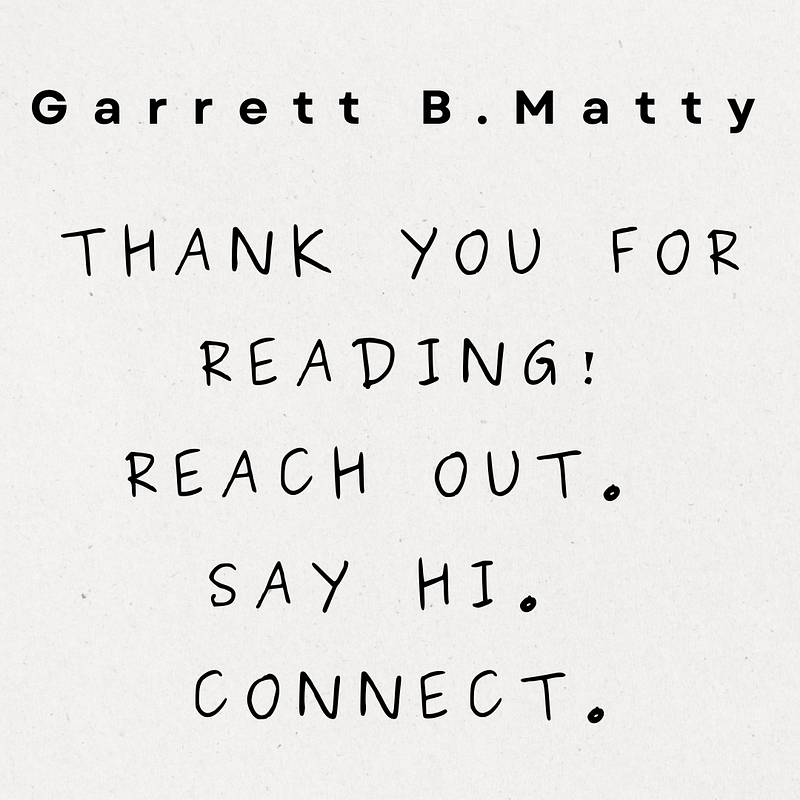Exploring the Nature of Time: The Intersection of Perception and Reality
Written on
Chapter 1: Understanding Time
The concept of time has always fascinated me, prompting me to delve deeper into its essence. Through my exploration, I discovered that much of our understanding of time is rooted in our subjective experience.
This leads to an intriguing question: How much of our past can we retain in any given moment? It turns out that our brains are capable of grasping only a brief slice of time — about a single second. This fleeting moment is where we construct our understanding of the world, weaving together narratives of our past, present, and future. Isn't that fascinating?
Despite this limited perspective, our internal clock plays a crucial role in how we perceive the continuous flow of time. We experience it as a linear progression, where past events influence our present decisions, guiding us toward an uncertain future. This directional experience is vital for understanding our reality, enabling us to discern cause and effect.
To navigate this flowing river of time, we have developed standardized units such as seconds, minutes, and years. These measurements are anchored in reliable natural phenomena, including the Earth's rotation and the consistent vibrations of atoms.
Although our perception is confined to the present moment, the true nature of time is far more complex. As Einstein demonstrated, time is affected by factors such as gravity and velocity. While time may serve as a cognitive framework for us, the universe appears to maintain its own method of tracking it.
So, what's the crux of the matter? Is time merely a mental construct that we utilize to comprehend the universe, or is it an intrinsic reality? The answer, much like time itself, is a blend of both. Our methods of experiencing and quantifying time may be human inventions, yet the fundamental reality of time — the flow of events intertwined with gravitational influences — is firmly grounded in scientific principles.
Ultimately, time embodies a duality that we all navigate. It is simultaneously a key aspect of our universe and a cognitive tool that aids our understanding.
Moral of the story: While our grasp of time may be limited, the sensation of procrastination seems to be an eternal truth we all share.

Section 1.1: The Brain's Perception of Time
Our brains can only capture a fleeting instant, yet this is where we construct our narratives.
The first video, "Time and the brain: the illusion of now" by Hinze Hogendoorn, explores how our brains perceive time and the implications of this perception.
Section 1.2: The Nature of Time in Science
To understand time's flow, we have created various units of measurement that correspond to natural phenomena.
The second video, "God, Death, Space & Time Are An Illusion!" by Donald Hoffman, examines how our understanding of time may be influenced by evolutionary perspectives and the inherent mysteries of existence.
